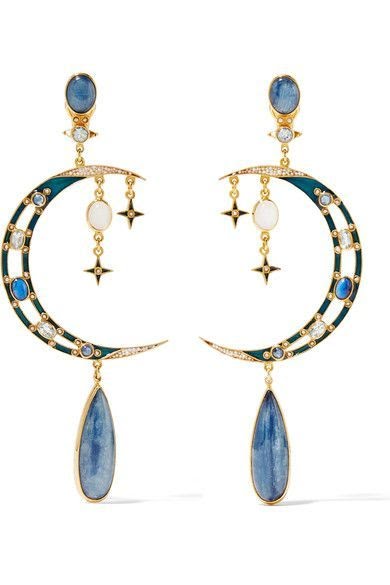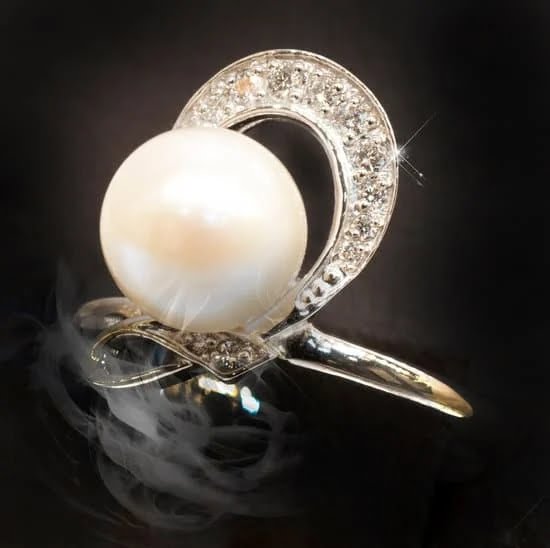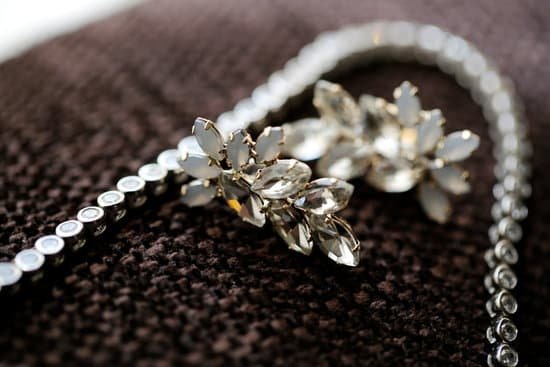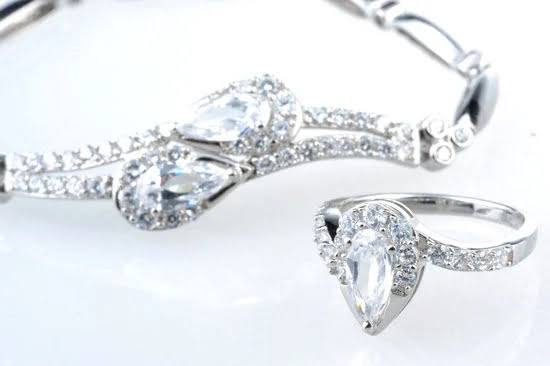Introduction
The copper color on jewelry can discolor precious stones, affect the resale value of antique pieces, or even tarnish silver and gold. Copper is a naturally occurring element found in many metals but when it is present on jewelry, it causes damage. To restore the beauty of your jewelry and ensure its longevity, getting rid of copper color on jewelry should be addressed. This article will discuss the various method to tackle this issue.
The Potential Causes
There are several potential causes of copper color on jewelry. One of the most common is exposure to humidity and moisture. Jewelry kept in areas with high levels of humidity or stored in containers that trap in moisture can cause brass and other metals to accelerate their oxidation processes, leading to a green or blueish-green discoloration. Sweat and oils from skin contact with jewelry can also contribute to discoloration.
Chemical reactions such as those caused by perfume, lotion, soap, and cleaning chemicals can also cause copper color on jewelry. Residues from these substances collecting on the surface of the jewelry can react with the metal, resulting in a permanent discoloration. Some materials like certain gemstones may change color due to light exposure over time and leave a green tint or patina on their surface.
To help customers visualize these potential causes, consider using visuals such as photos or infographics which highlight each factor individually by demonstrating how they contribute to copper discoloration on jewelry. Additionally, provide care instructions for customers that include tips such as avoiding contact between their jewelry and harsh chemicals while also storing it properly away from excessive moisture or sunlight.
Methods for Removing Copper Color
Chemical Treatments:
1. Before beginning, make sure the jewelry is clean and free of dirt and debris. Then, soak the piece in warm water with a few drops of mild dish soap for 10-20 minutes.
2. Use a soft dry cloth to pat dry.
3. Apply a solution composed of equal parts vinegar, salt and flour and let it sit on the jewelry for 20-30 minutes before rinsing off with warm water and drying with a clean cloth.
4. To remove any remaining discoloration, rub gently with steel wool or fine grade sandpaper until the color disappears. Finally, buff the jewelry with a polishing cloth to restore its shine.
Mechanical Treatments:
1. Soak the jewelry in an ultrasonic cleaner for 10-15 minutes to break down any discoloration or tarnish on the surface of the metal using sound waves, then rinse it off in cool water and let air dry or buff dry with a soft cloth.
2. To reduce visible scratches from pieces with intricate patterns or patterns, use a polishing wheel equipped with a cotton swab wheel accessory that is especially designed for fine sterling silver jewelry cleaning and polishing jobs. Carefully rotate the wheel over the surface of your item to bring back its original shine without causing damage to its intricate details.
3. For smaller areas, you can use an electric tool called “mini grinder” which is specifically designed for delicate items such as earrings, rings or necklaces featuring small diamonds or stones embedded in them. Simply hold the miniature grinder against any stainless steel belt encircling your item in order to achieve its desired effect without leaving unnecessary scrapes on its frame or settings―all while guaranteeing your item’s beautiful appearance remains intact
Tips for Keeping Copper Color Away
1. Be sure to remove jewelry before swimming or taking a shower, as chlorine and other chemicals can cause an increase in copper color.
2. Avoid wearing your jewelry when working with harsh chemical cleaners as these can also accelerate oxidation and make the copper color more apparent.
3. Storing jewelry away from extreme temperatures and humidity is important in order to avoid the oxidation that causes extra copper coloring.
4. Clean jewelery regularly, using a soft cloth to ensure dirt and oil build up don’t encourage further oxidation of the metal.
5. Buff lightly using a jeweler’s polishing cloth to remove surface tarnish when needed as it will help maintain the original finish of the piece without exacerbating oxidation.
6. Polish with vinegar or lemon juice once every few weeks to help prevent tarnish buildup and keep any potential copper discoloration at bay, then dry thoroughly with a soft cloth after each use to help protect against humidity damage too.
Conclusion
Now that you know how to get rid of copper color on jewelry, it’s time to take action! Regular maintenance is the best way to keep your jewelry in pristine condition. Take the time to clean your jewelry regularly and check it for signs of discoloration. Be sure to use appropriate cleaning products with chemicals that can help remove any copper oxides on your jewelry. Finally, never wear your jewelry during activities such as swimming or extreme physical activities as these activities can cause the copper color to resurface. With these tips in mind, you can enjoy your jewelry for years to come without having to worry about tarnish!

Welcome to my jewelry blog! My name is Sarah and I am the owner of this blog.
I love making jewelry and sharing my creations with others.
So whether you’re someone who loves wearing jewelry yourself or simply enjoys learning about it, be sure to check out my blog for insightful posts on everything related to this exciting topic!





